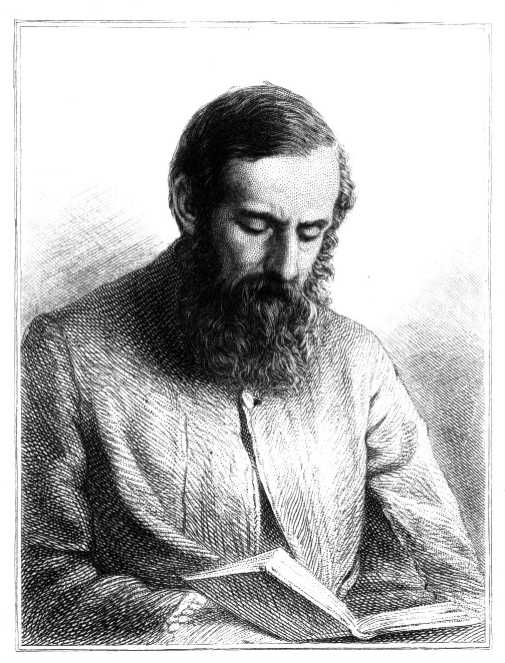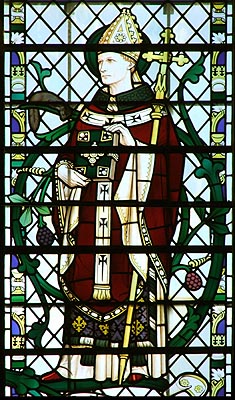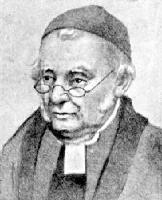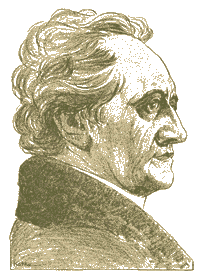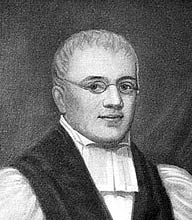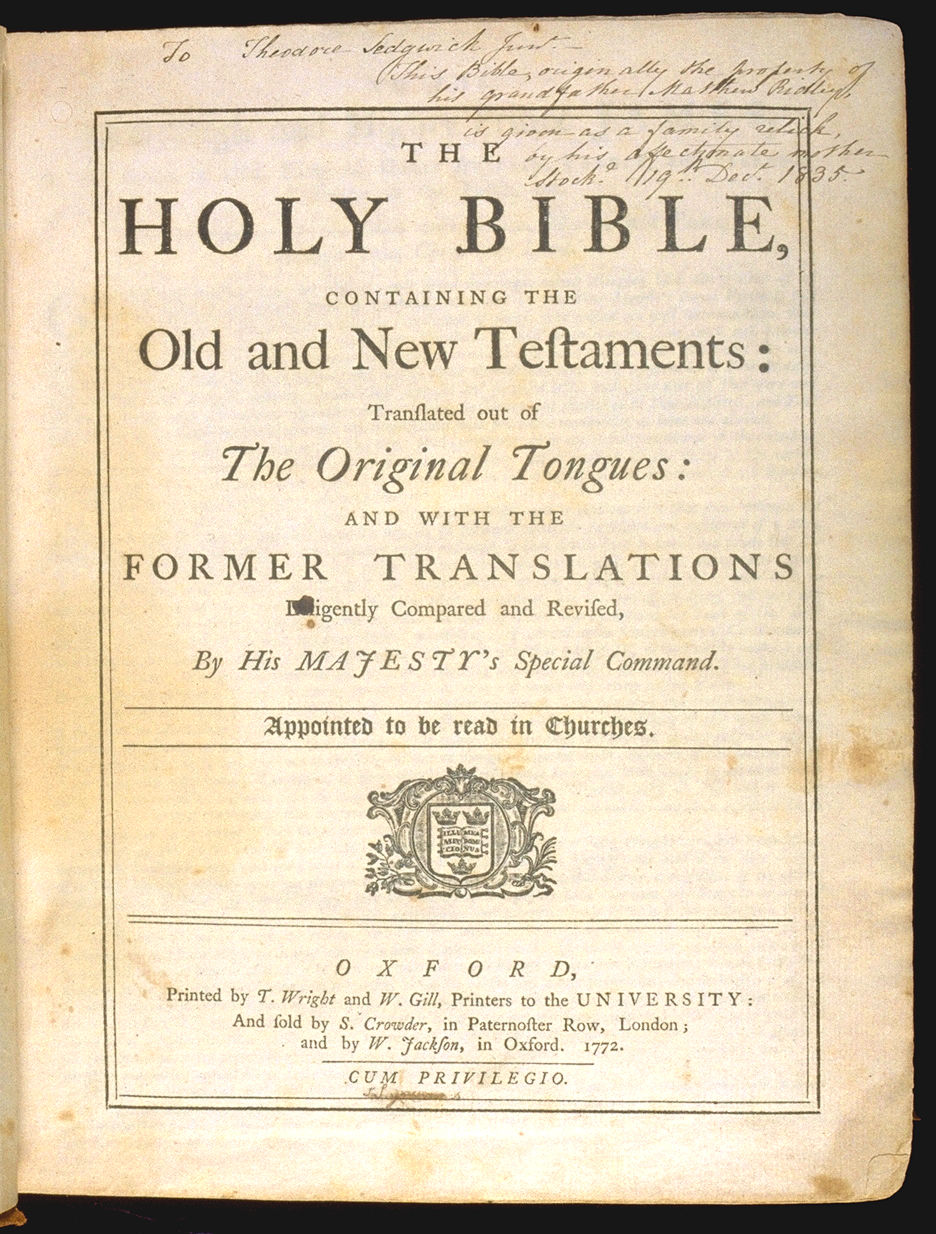 Sermon preached Sunday October 29, 2006
Sermon preached Sunday October 29, 2006 Isaiah 59:(1-4)9-19; Hebrews 5:12-6:1,9-12; Mark 10:46-52; Psalm 13
There are certain things that produce an instant reaction from me. When I hear the church burglar alarm – which is about the most annoying sound ever – I stop whatever I have been doing and run to the nearest alarm keypad. When I hear a smoke detector go off, I look for smoke. When I am driving and I see lights or hear sirens, I move over. These are things that instantly make me do something because life cannot go on as usual after I notice them.
When I read Saint Mark’s Gospel, one of the things that strikes me is how often the people in the gospel react to Jesus in a way that is contrary to what I think would be natural. A few examples:
Throughout the Gospel there are people who see Jesus heal and their reaction is to find some way to get rid of him. This isn’t limited to the Pharisees or even to religious leaders. Recall the story where Jesus casts a legion of demons out of a man and the town’s response is to ask Jesus to leave. If I saw someone healing, I hope that I would try to help out so more people could be healed.
The people who are closest to Jesus see him serving people and healing people. They hear him teaching constantly. They travel with him from town to town. Still, we read that they want Jesus to be their personal Lord and Savior. They fight amongst themselves over who is the most important or who will be the most honored. Even when Jesus is transfigured before Peter, James and John – revealed to them in all of his glory – they do not suggest that Jesus reveal himself to anyone else. Instead, they want to build some shelters to keep the this revelation with them away on the mountain. I hope that I would try to find a way to show others what had been revealed to me.
Today’s Gospel finds Jesus at the end of his ministry. As Jesus and a large crowd are walking to Jerusalem, they encounter a blind beggar on the side of the road who calls out to Jesus. The people rebuke the man and tell him to be quiet. I hope I would try to find a way to bring Jesus and the blind man together.
It is against the backdrop of these events that the healing of this blind beggar seems so striking. The man responds after Jesus cures his blindness by immediately following Jesus. He doesn’t leave. He doesn’t get mad. He doesn’t try to convince Jesus to follow him. He remains with the man who has shown that God is working through him. I hope that my reaction to seeing God’s work would be to want to be a part of that work.
I think that today’s Gospel offers each of us an opportunity. I am reminded to take a good hard look around to see where God is working in my life. I see God working in this church. I see the doors of this building that remain open all day as the loving arms of God open lovingly to all people. I see the ministry of all the people of Saint Mary’s reaching out to others as the hands of God working in the world. I see the masses, offices, baptisms, weddings, and funerals that are regularly offered here at Saint Mary’s as a great witness to the power of the resurrection testified to all of New York City.
I am also reminded that I am given the opportunity to be part of that work in whatever way I am able. When you and I see the presence of God, how do we respond? The author of the letter to the Hebrews says: “be imitators of those who through faith and patience inherit the promises.” The blind man was given sight by God and he responded by offering all he had in return: himself.
I try to respond by giving what I have to make sure that I too am a part of this work. Two things that I have found I am able to give are time and money, yet through patience and faith I can probably give more of myself.
I think that the Gospel gives us the opportunity to push ourselves more and more to imitate those people who showed faith and patience. People like the blind man, like the apostles of the early church, like the saints throughout the ages. People who having seen God work in their lives tried to give every bit of themselves to help spread the love of God in Jesus Christ to the world. How is God working in our lives? In what ways do we respond? In what ways do we imitate the saints?

